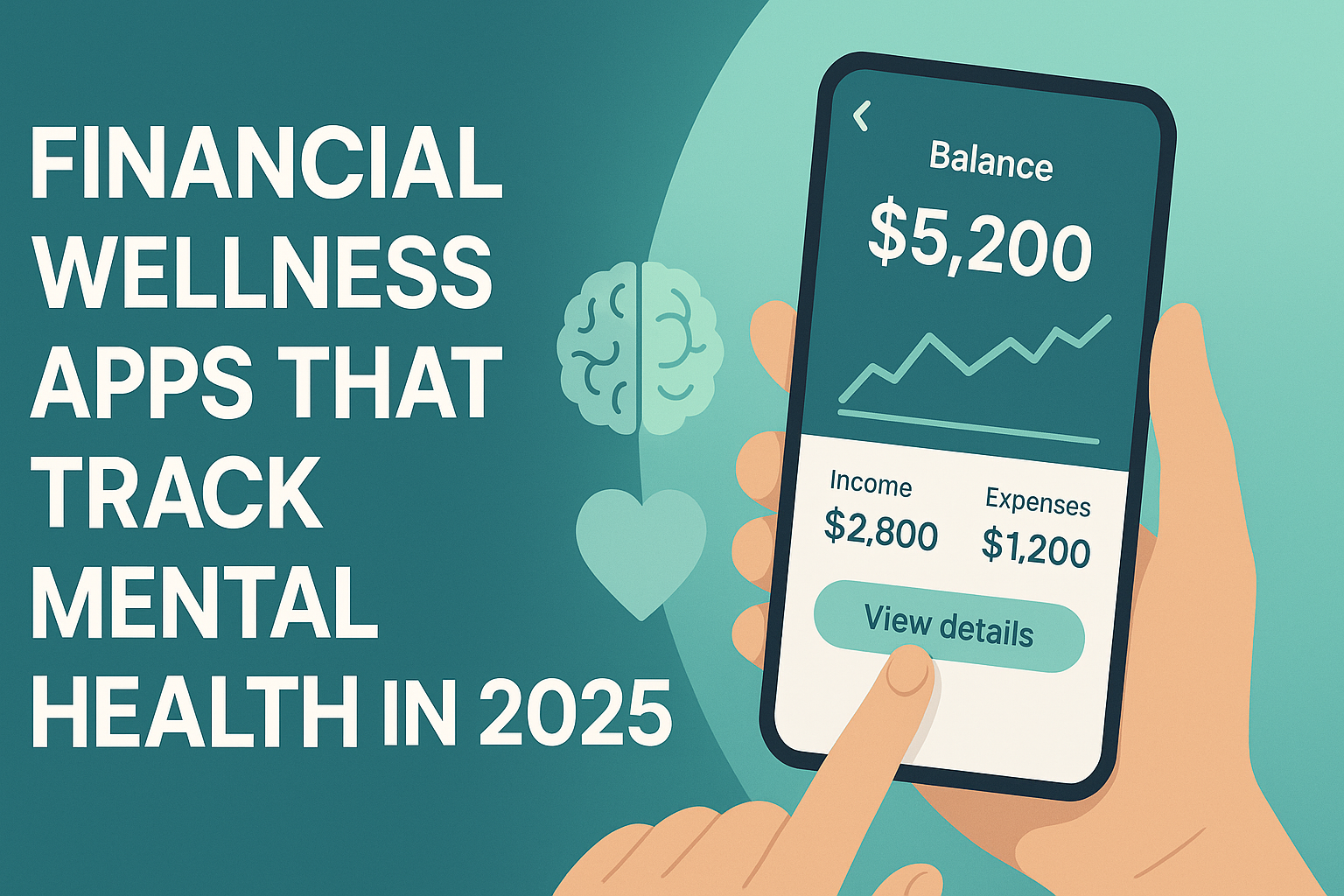From solo budgeting to building long-term wealth, here’s how to thrive financially on your own
Being single offers incredible independence—but it also means you’re the sole architect of your financial life. Every bill, every decision, every long-term goal? That’s on you. While that might sound overwhelming, it’s also empowering—if you have the right strategies in place.
Whether you’re newly single, navigating life solo by choice, or simply looking for smarter ways to handle your money without a partner to share the load, this guide offers eight practical, empowering steps to take control of your financial future.
Why Flying Solo Affects Your Finances Differently
When you’re in a relationship, many financial burdens—rent, insurance, emergencies—can be split. But when you’re single, your income is your safety net. There’s no second paycheck to fall back on if life throws a curveball, which makes proactive money management not just smart, but essential.
Let’s walk through eight smart moves to strengthen your finances—starting today.
Deep-Dive Analysis
1. Create a Solo Budget That Actually Works
Forget rigid spreadsheets—what you need is a living, flexible budget built around your lifestyle.
Start with the 50/30/20 rule:
- 50% for needs (housing, groceries, bills)
- 30% for wants (fun, travel, dining out)
- 20% for savings and debt payoff
Use budgeting apps like YNAB or Rocket Money to track your spending automatically. A good budget doesn’t restrict you—it empowers you to spend intentionally.
Bonus tip: Build in a “treat yourself” line item to avoid guilt-driven splurges.
2. Build a Solo Emergency Fund—Even If It’s Small
You don’t need to save thousands overnight. Start with a goal of $500 to $1,000, then work toward covering 3–6 months of expenses.
Open a high-yield savings account (like those from Ally or Marcus by Goldman Sachs) and automate transfers—even if it’s just $20/week. Over time, this becomes your financial cushion against job loss, medical bills, or unexpected repairs.
Remember: An emergency fund buys peace of mind, not just protection.
3. Slash Housing Costs Without Sacrificing Comfort
Rent is often the biggest cost for singles—but there are creative ways to cut it:
- Consider co-living or a roommate situation to halve your rent and utilities.
- Look into remote work-friendly cities with lower living costs.
- Explore house-hacking if you own property—renting out a room or basement suite.
Financial tip: Keep housing costs under 30% of your monthly income whenever possible.
4. Save for Retirement—Even If It Feels Far Off
One of the biggest financial risks single people face is outliving their money—so retirement planning is non-negotiable.
If your employer offers a 401(k) with matching, contribute enough to get the full match (it’s free money!). On your own? Open a Roth IRA and automate contributions—even $50/month matters when you start early.
Here’s some real perspective: Let’s say you begin setting aside $200 each month at age 30. By the time you retire, you could be looking at a portfolio worth over $300,000—thanks to the quiet but powerful effect of compound growth, as shown in projections by Vanguard.
5. Rethink Insurance as Your Personal Safety Net
It’s easy to overlook insurance—until you really need it. But if you’re managing your finances solo, it becomes non-negotiable. Without a partner to fall back on, having the right protection in place gives you peace of mind and financial stability.
Focus on covering these essentials:
Health insurance: Always a must, even if you’re in great shape.
Renter’s or homeowner’s insurance: Your belongings matter—protect them.
Disability insurance: Think of it as income replacement in case an accident sidelines you.
Life insurance: May not be necessary unless someone depends on your income, like aging parents or a sibling with special needs.
👉 Pro tip: Get quotes from comparison platforms like Ladder or Policygenius to avoid paying more than you need.
6. Build Income by Investing in Yourself
One of the smartest moves you can make? Leveling up your skills. As a single person, you’re in full control of your schedule—and that’s a major advantage.
Here’s how to use it:
Enroll in an industry-relevant certification program.
Take online courses that teach in-demand skills—think UX design, coding, project management.
Consider public speaking or negotiation workshops—these can lead to higher pay or promotions.
Every dollar (and hour) you put into learning something new is an investment in your future income.
📚 Need help getting started? A great beginner-friendly book is “The Psychology of Money” by Morgan Housel — a modern classic that explores how behavior and mindset shape long-term wealth. It’s a powerful read whether you’re just starting out or looking to level up your relationship with money.
Data-backed insight: According to Morningstar, boosting your income has a greater lifetime financial impact than cutting expenses.
7. Build a “Money Circle” of Support
Just because you’re managing money solo doesn’t mean you should do it alone. Surround yourself with people who support your goals.
Consider:
- A fiduciary financial planner (fee-only advisors put your interests first)
- Accountability partners who check in on your savings goals
- Online communities like Reddit’s r/personalfinance or Ellevest’s Women & Money
Financial independence doesn’t mean isolation. Build your own advisory board.
8. Spend Guilt-Free—But Only After You Plan for It
Being single means you’re in charge of your fun money too. And that’s a good thing—if you’re intentional.
Here’s how to enjoy life while staying on track:
- Set up a “fun fund” in a separate account for trips, gifts, or spontaneous nights out.
- Use cashback cards like Citi Double Cash to earn while you spend.
- Celebrate your wins—just make sure they’re budgeted.
True financial freedom doesn’t mean cutting all the joy out of life. It means choosing how you spend—with clarity and confidence.

Real-Life Tips to Make Your Money Work (Even Without a Second Income)
No jargon. No lectures. Just a few grounded strategies you can start using right now:
Make your budget match your real life—not some ideal version on a spreadsheet. Flexibility beats perfection.
Start where you are. Even $20 a week into savings is a powerful first step.
Rethink your housing. A roommate, a move, or even renting out a room could free up hundreds each month.
Don’t put off retirement just because it feels far away. Roth IRAs and 401(k)s are your future self’s best friends.
Get covered—your income, your health, your stuff. That safety net matters more when it’s just you.
Invest in your skillset. The more you grow, the more you can earn—plain and simple.
Find your money people. A friend, an advisor, a podcast—community matters.
Make space for fun. Budgeting joy is how you stick to the plan, not how you break it.
A Quiet Nudge to Keep Going
Being single doesn’t mean you’re behind. It means you get to write your own rules. You get to decide what “financial freedom” looks like—and how you’ll get there.
Maybe today it’s tracking your spending. Maybe it’s automating $50 into savings. Maybe it’s just giving yourself permission to finally open that Roth IRA.
Whatever your step is—take it.
And hey, if you ever need a place that talks about money without the fluff, we’ve got you.
Stick around The Evolving Post for practical, real-world insights that help you build a better future on your own terms. Because when you truly understand the system, you’re not stuck in it—you’re in control.








